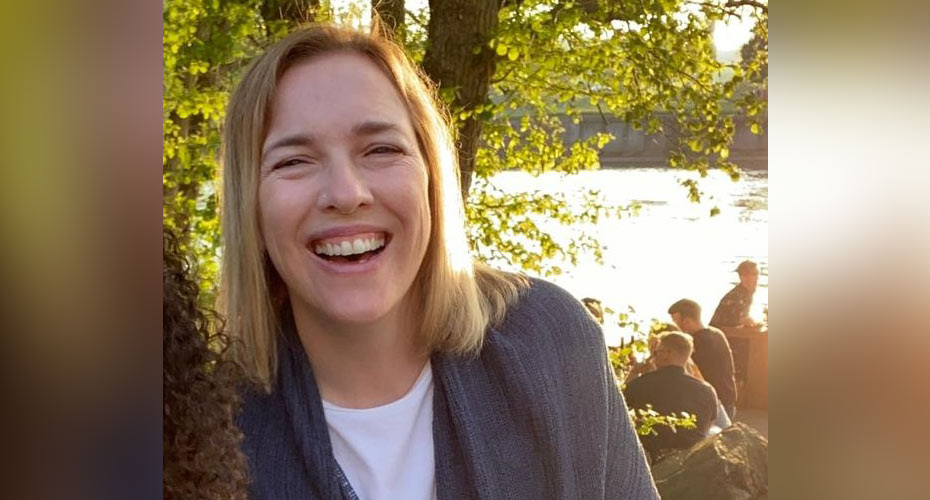Challenges in Learning Cornish
Challenges in Learning Cornish
Challenges in Learning Cornish
Dr Deborah C. Darling
Dr Deborah C. Darling
d.darling@qmul.ac.uk
Queen Mary University of London
https://orchid.org/0000-0003-2573-9568
- The general visibility of the language
- The power of the media to influence attitudes to languages
- The use of ‘language’ as a proxy for nation, identity and othering in political rivalry and infighting
Biography
Dr Deborah C. Darling is a Lecturer in Applied Linguistics at Queen Mary University of London and MA Education Studies dissertation supervisor at the University of Warwick. Her research interests include interculturality, language ideologies, language policy, and plurilingual pedagogies. She has incorporated these interests into her published work on the use of different languages in higher education.
To satisfy her interest in minority language studies, during her doctoral studies at the University of Helsinki, Finland, she completed an MA level 30-ECTS module in Indigenous Studies. This enabled her to further her knowledge on topics that are particularly important in Indigenous contexts and led her to focus on language vitality in her home context of Britain.
Challenges in learning Cornish
Learning a language like Cornish poses particular challenges; for instance, access to learning resources that are so abundant in the major European languages are not as available or as varied in Cornish. In addition, the level of exposure to Cornish is limited because of the small numbers of speakers and general visibility of the language. Trigys ov yn Karesk yn Dewnens , which allows some exposure through the odd historic place name, but beyond this, there is very little without going to specific locations yn Kernow. Cornish shares this situation with many other languages around the world. Such situations are typically a result of language choices made at every level of society, as they relate to language monopoly, exclusion, mobility, abandonment and power. This often leaves behind a small number of speakers in isolated geographical pockets and domestic settings with obvious consequences for language vitality.
Researching Cornish language learning dynamics
To better understand the undulations that characterise the decline in and uptake of the Cornish language, I am using the lens of media discourses in the British press from the 1950s to 2008. This time period begins with the introduction of Mebyon Kernow to the Cornish political landscape and ends with the onset of the migration of print media to the World Wide Web. The media has a great deal of power to influence attitudes and perceptions and create language ideologies that index the social, cultural, political and economic value of different languages. Consequently, the examination of the media discourses in relation to the Cornish languages is likely to tell us about the contribution of the media to perceptions of the legitimacy of the Cornish language.
Since this research project is drawing upon a very large collection of material, corpus linguistics methodology will be used to identify media discourse patterns. Critical discourse analysis will then be used as a tool to establish the impact of these discourses on the uptake and presence of the Cornish language in education in Cornwall, using existing Cornish language education data. The main purpose of the research is to better understand the power dynamics, along with their motivations and consequences, between Cornish and the dominant national language, English. While the impact of this project is immediately relevant to the Cornish context, there are also implications in terms of contributing to knowledge around the decline and revival of other minority languages that are found in, and potentially beyond, the wider European context.
Motivations for learning minority languages
So why learn minority languages, and why learn Cornish? Well, language matters. Just follow the news to see how frequently language is used is used as a proxy for nation, identity and unpleasant othering in political rivalry and infighting. It may be that there are personal reasons for learning minority languages like Cornish, such as genetic connections to Cornwall or simply a love of language, but without greater language awareness, the delegitimisation of language goes unchallenged. Cornish is a British language and deserves to be recognised as so and should attract better and more consistent funding. Through my work, I want to contribute to a more positive public perception of minority languages and Cornish in particular.

